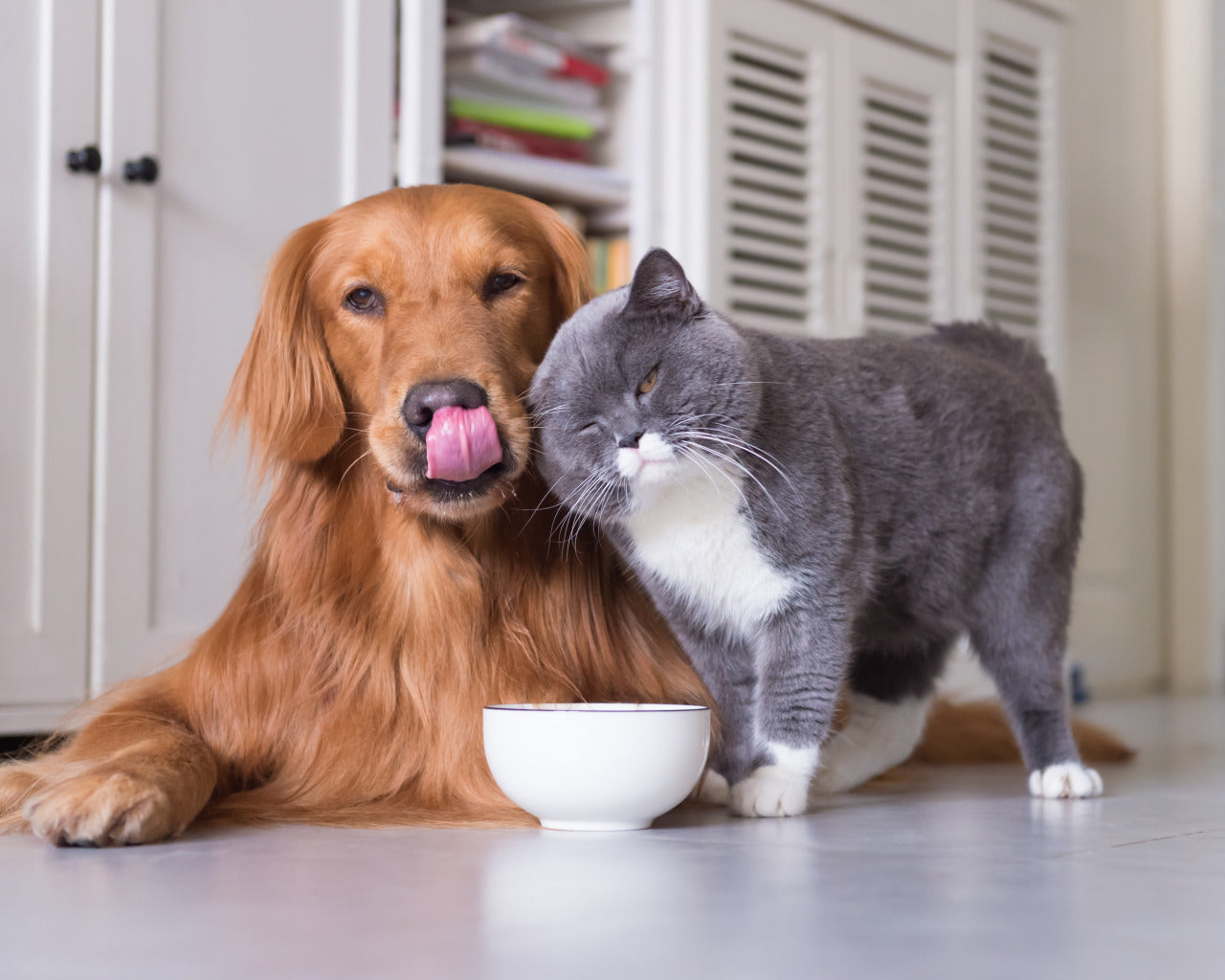Introduction:
As a new pet parent, navigating the sea of pet care information can be daunting. In this article, we'll tackle common misconceptions that can adversely affect your furry friend's well-being. By dispelling these myths, you can ensure your pet receives the best care possible.

Misconception 1: "Female dogs and cats should have one litter before spaying."
This belief, once widespread, is entirely unfounded. There are no physical or emotional advantages to allowing your female pet to give birth before spaying. In fact, this practice exacerbates the already critical issue of pet overpopulation, leading to more animals in shelters. Moreover, pregnancy and birth pose significant health risks to animals, necessitating proper prenatal and emergency care. Spaying, on the other hand, not only helps control the population but also prevents numerous common and often fatal reproductive diseases. Responsible pet ownership means opting for spaying without delay, prioritizing your pet's health and reducing the burden on shelters.
Misconception 2: "Dogs eat grass when they have an upset stomach."
Contrary to popular belief, dogs don't exclusively munch on grass due to stomach discomfort. While it might occasionally aid in relieving an upset stomach, other factors play a role. Nutritional deficiencies or the instinct to purge intestinal parasites can also drive this behavior. However, it's essential to discourage grass consumption as it exposes pets to harmful chemicals like pesticides and fertilizers, which can pose serious health risks. To ensure your pet's well-being, focus on a balanced diet and consult a veterinarian if digestive issues persist.

Misconception 3: "Indoor pets don't need vet visits."
While indoor pets may face fewer external hazards, they are not immune to health issues. Genetics, dietary factors, and lack of exercise can affect their well-being. Moreover, as their human companions venture outside, they may unknowingly bring in diseases and parasites. Annual vet visits are crucial for indoor pets to catch potential illnesses early, ensuring a longer and healthier life. Remember, responsible pet ownership extends to indoor pets too, as routine veterinary care can make all the difference in their overall health and happiness.
Misconception 4: "People and pets can't share diseases."
This common myth couldn't be further from the truth. Zoonotic diseases can indeed be transmitted between pets and humans. Examples include rabies, tapeworm, salmonellosis, ringworm, and toxoplasmosis. Close contact, such as petting and kissing your furry friend, increases the risk of infection transmission. To protect both you and your pet, it's essential to practice good hygiene by washing your hands after handling them. Additionally, keeping your pet up-to-date on vaccinations and regular deworming is crucial. By understanding the potential for disease transmission, you can ensure a safer and healthier environment for everyone in your household.
Misconception 5: "It's needless to brush your pet's teeth."
Don't overlook your pet's dental health. Animals are susceptible to tooth decay, which can lead to tooth loss, affecting their ability to eat and resulting in nutritional deficiencies. Poor dental care is also linked to various pet diseases, including bacterial infections that can spread to vital organs. Brushing your pet's teeth with gauze or specialized brushes is crucial. If they resist, periodic dental cleanings at the vet become essential. By maintaining good oral hygiene, you not only preserve your pet's teeth but also safeguard their overall health, ensuring they enjoy a happier and healthier life.




